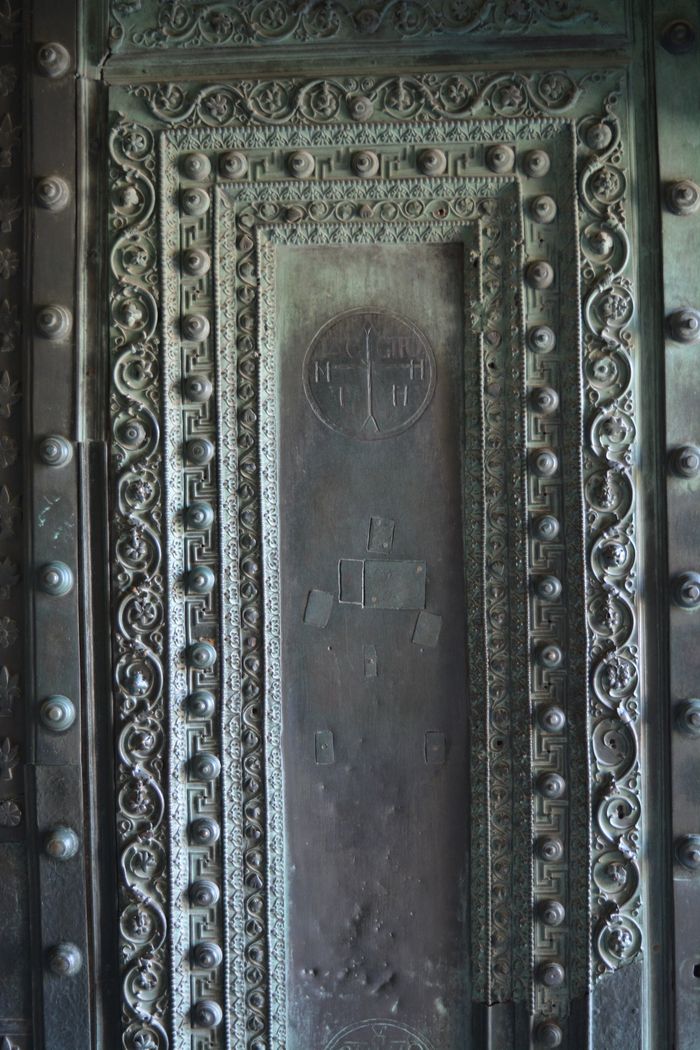“Thus equipped, I set out one fine morning in search of my anchorite. “I found him working in his garden with hoe and spade, singing a devotional song. Wild pigeons, for which he had strewed an abundant supply of food, were fluttering and cooing round him, and a young deer was peeping through the leaves on the trellis.
He was evidently living in the closest intimacy with the woodland creatures. Not the faintest trace of insanity was visible in his face; it bore a quiet expression of remarkable serenity and happiness; and all this confirmed what Hr. S n B had told me. When he heard of my projected visit to the anchorite, he advised me to go some fine, bright, pleasant morning, because he said, his mind would be less troubled then and he would be more inclined to talk to a stranger, whereas at evening lie would shun all intercourse with mankind.
“As soon as he saw me he laid down his spade, and came towards me in a kind and friendly manner. I said that, being weary with a longish journey, I should be glad if he would allow me to rest with him for a little while.
“ `You are heartily welcome,` he said, `The little which I can offer you in the shape of refreshment is at your service.`
“And he took me to a seat of moss in front of his hut, brought out a little table, set on bread, magnificent grapes, and a can of wine, and hospitably begged me to eat and drink. He sat down opposite to me, and ate bread with much appetite, washing it down with fraughts of water.
“In good sooth I did not see how I was to lead the conversation to my subject—how I was to bring my psychological science to bear upon this peaceful, happy man. At last I pulled myself together and began: “ `You style yourself Serapion, reverend sir?`
Hieronimus
`“Yes, certainly,` he answered. `The Church has given me that name.` “ `Ancient ecclesiastical history,` I continued, `mentions several celebrated holy men of that name. An abbot Serapion, known for his good works—the learned Bishop Serapion alluded to by Hieronimus in his book De Viris Illustribus.
There was also a monk Serapion, who (as Heraclides relates in his Paradise) on one occasion, coming from the Theban desert to Rome, ordered a virgin, who had joined him—saying she had renounced the world and its pleasures—to prove this by walking with him naked in the streets of Rome, and repulsed her when she hesitated, saying, “You still live the life of Nature, and are careful for the opinions of mankind. Think not that you are anything great or have overcome the world.” If I am not mistaken, reverend sir, this was the “filthy monk” (Heraclides himself so styles him) who suffered a terrible martyrdom under the Emperor Decius—his limbs being torn asunder at the joints, and his body thrown down from a lofty rock.`
Read More about Foltyn`s Drum part 5








